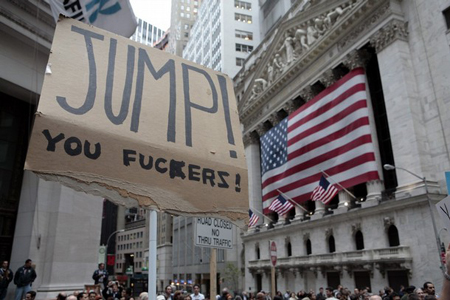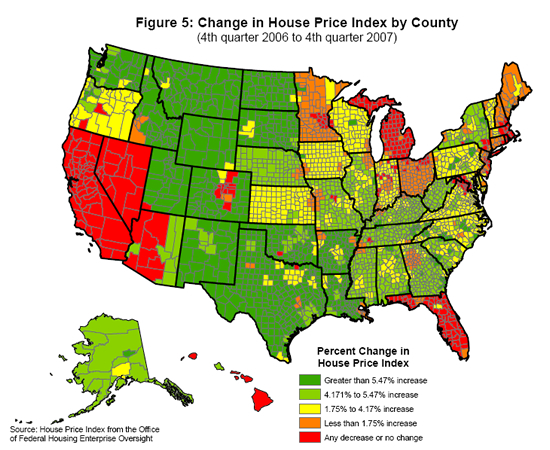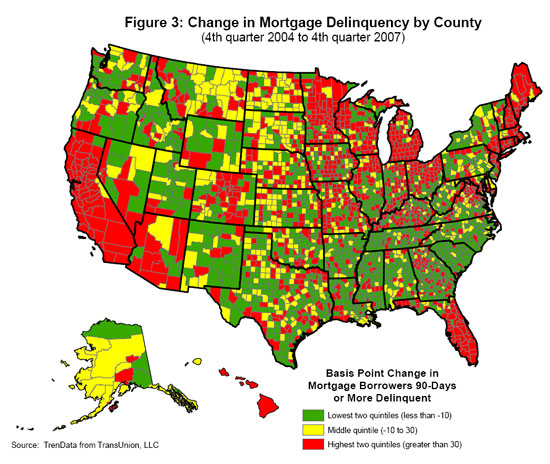Votes
Bailout Bill Passes with Kuhl's Vote
Fri, 10/03/2008 - 13:34 — RottenchesterThe bailout bill passed the House by a wide margin, 263-171, with Randy Kuhl's vote.
Update: Here are the details. All the Western New York delegation voted for the bill. Kirsten Gillibrand [D-NY-20] remained opposed.
Bailout Fails
Mon, 09/29/2008 - 13:58 — RottenchesterI'm watching C-SPAN and it's over: the bailout lost by 19 23 votes.
Randy Kuhl joined 132 133 of his Republican colleagues and voted against the bailout. He's issued this statement explaining his vote.
Update: Here's the roll. It's an interesting mix. Other area representatives (Reynolds, Walsh, and Slaughter) all voted for the bill.

Two Important Votes
Mon, 06/23/2008 - 14:21 — RottenchesterEric Massa is quoted in today's Messenger-Post, calling the Iraq war operations vote "disappointing". Randy Kuhl supported the bill, and his press release is here.
Massa also explains, in detail, why he'd have voted against the FISA bill that recently passed the House, with Randy Kuhl's vote. Massa's reasoning has to do with the Fourth Amendment, which is only taken seriously by 128 Democrats and one Republican in the House. Randy Kuhl's excuse for his vote is posted here.
Two Important Votes
Mon, 06/23/2008 - 14:21 — AnonymousEric Massa is quoted in today's Messenger-Post, calling the Iraq war operations vote "disappointing". Randy Kuhl supported the bill, and his press release is here.
Massa also explains, in detail, why he'd have voted against the FISA bill that recently passed the House, with Randy Kuhl's vote. Massa's reasoning has to do with the Fourth Amendment, which is only taken seriously by 128 Democrats and one Republican in the House. Randy Kuhl's excuse for his vote is posted here.
Two Blog Posts
Wed, 06/04/2008 - 21:31 — RottenchesterDr. Denny at Scholars and Rogues has an extended take-down of Randy Kuhl's latest mailer. I haven't seen the mailer, but it's apparently an attempt to publicize Kuhl's "Fix Washington" program. Money quote:
Representatives in Congress are paid $169,300 annually. Their retirement and pension benefits are substantial. They receive a Member’s Representational Allowance for office expenses that reached between $1.2 and $1.4 million in 2005. They may buy or lease virtually any vehicle (and the gasoline’s included) at taxpayer expense. They receive significant health benefits. They get to be addressed as “Congressman” or “Congresswoman” for the rest of their lives.
And people give them money. In his federal fundraising career, Rep. Kuhl has pocketed $3,082,985 (nearly 60 percent from PACs). If he leaves office with money in the fundraising bank, so to speak, he retains control over the balance, as did retiring Rep. Thomas M. Reynolds.
Despite all these privileges — and responsibilities — as a congressman, Rep. Kuhl has reduced the American system of government to a reality game show. And surely it’s possible that he has plenty of inept company among his remaining 434 peers.
Speaking of Randy Kuhl and blog posts, his new blog post tries to blame the lack of progress on the Iraq supplemental on "Democratic Infighting". Those of us with memories longer than a goldfish, or perhaps a Congressman, might remember that Kuhl voted present on that bill as part of a Republican protest last month.
Three Sticky Iraq Votes
Fri, 05/16/2008 - 07:10 — RottenchesterRandy Kuhl voted on three Iraq funding amendments yesterday. All of those votes will probably come back to haunt him this fall.
First, Kuhl voted present on the main funding amendment as part of a Republican protest against the way Iraq funding was brought to the floor. The Republicans were trying to show that a majority of Democrats opposed war funding. That amendment failed, which means that the whole bill must go back to the Senate for a re-tool.
Second, Kuhl voted against an amendment that would ensure, among other things, that all units were mission capable, that the US would not fund permanent bases in Iraq, and that all interrogations follow the Army Field Manual (i.e., no torture). This amendment passed.
Finally, Kuhl voted against a third amendment, which contained a hodge-podge of appropriations, including a provision that would fund the GI Bill via a 1/2% tax increase on those making over $1 million in income. This amendment garnered 32 Republican votes.
More information on all these votes is available from the House Rules Committee site.
House Passes Veto-Proof Farm Bill
Thu, 05/15/2008 - 08:28 — RottenchesterRandy Kuhl was one of 100 Republicans who voted for the Farm Bill yesterday. Though the bill is under veto threat from the White House, strong bi-partisan support means that any veto will be overridden by the House and Senate.
Randy Kuhl expressed his support of the bill in a floor speech lauding a bill that "aptly includes the interests of all agricultural regions in the country." Here's an example:
Traditional commodity subsidies for crops like cotton, rice, wheat and corn remain largely untouched in the new bill. The bill includes a new $3.8 billion permanent disaster payment program, deemed particularly generous for weather-stricken growers in states like Montana and the Dakotas.
Rice, Wheat and Corn prices are at all-time highs. The subsidy income limit remains at $1.5 million for married couples. The subsidy component of this bill is nothing more than a handout to a group that is currently prospering.
Though farm bill subsidies get most of the attention, two-thirds of the cost of the bill is for Food Stamps, or as they will now be called, the Supplemental Nutrition Assistance Program.
Kuhl's Safe Housing Vote (In Pictures)
Fri, 05/09/2008 - 07:59 — RottenchesterRandy Kuhl's vote against the Housing Bill yesterday will not become a campaign issue in the 29th. The main provision of the bill would let the FHA re-insure underwater mortgages if the mortgage holder (bank) agrees to reduce the principal to 85% of the current home value.
In other words, in return for taking a loss, the bank gets the mortgage off their books. Since the homeowner must re-qualify for the loan, this program also weeds out borrowers who can't pay the new mortgage.
The reason this bill won't be an issue in the 29th is that we don't have many underwater borrowers. Take a look at this graph:

As you can see, the 29th had a small increase in house pricing. The sunbelt states and urban growth areas, where speculation was widespread, are where the prices are falling. The 29th is also doing fairly well in mortgage delinquency:

We seem to be able to pay our mortgages in the 29th, at least when compared to boom areas.
Whether Kuhl's vote was the right thing to do is worth debating, but, politically, I don't see a downside in his decision to stick with the rest of his party and vote against the bill.
(Graphs from the Federal Reserve via the excellent Calculated Risk blog.)
Public Service Announcement
Thu, 05/08/2008 - 13:59 — RottenchesterIf you're reading this article about Bush's threatened veto of the Housing Bill, and then you see this press release from Randy Kuhl, don't be confused. Kuhl is co-sponsoring a housing bill, but it isn't the housing bill that Bush wants to veto.
That latter bill's author, Barney Frank, believes that he'll get significant Republican support. My guess is that support won't include Rep. Kuhl, because co-sponsoring an alternative bill that has no chance of passage is usually an attempt at inoculation. Kuhl can say that he supported a better alternative, even if that alternative was introduced a short time ago and has no chance of passage.
Update: Kuhl voted against the bill in three key votes today (here, here and here).
Possible Medicaid Veto Override
Sat, 04/26/2008 - 09:41 — RottenchesterRandy Kuhl was part of a unanimous New York delegation vote for the Medicaid Safety Net Act eariler this week. This bill extends a number of deadlines for program cuts in Medicaid. Since it passed by a veto-proof majority, and because it is under veto threat from the White House, this sets up a possible veto override vote, assuming the bill passes the Senate intact.